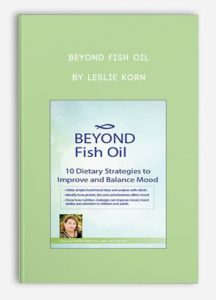 Beyond Fish Oil: 10 Dietary Strategies to Improve and Balance Mood by Leslie Korn
Beyond Fish Oil: 10 Dietary Strategies to Improve and Balance Mood by Leslie Korn
**More information:
Sale Page
Archive Page
Get Beyond Fish Oil: 10 Dietary Strategies to Improve and Balance Mood by Leslie Korn at
Description
Depression, anxiety and bipolar, along with attention, are affected by food and dietary intake. Discover the secrets behind the food-mind-body connection and how to help your clients improve their well-being through food, simple nutrients and behavioral strategies. Clients can experience an improvement in mood and attention when they make simple changes to their nutritional status. Join Dr. Leslie Korn, psychotherapist and expert in mental health nutrition, and explore the latest, most effective nutritional strategies to integrate into your client’s everyday life.
The last part of the presentation includes a kitchen demonstration with Dr. Korn as she shares healthy food preparation strategies that are cost and time effective.
You’ll learn how to:
- Incorporate a simple and effective diet and mind/body/food history into your assessment process to guide your interventions.
- Learn 10 easy dietary “fixes” and proactive strategies to improve mood and attention in children and adults.
- Live kitchen demonstration!
Food and Mood
- Mind / body / food connection
- Effects of food on mood and attention
- Link between inflammatory foods and mood
- Simple nutrition and behavior assessment and checklist
10 Nutrition Strategies
- Effective use of supplementation to improve and balance mood
- Protein
- Fats
- Carbohydrates
- Identify and treat sugar & carbohydrate addiction
- Simple food/nutrient recipes for children and adults to improve attention
- Alternatives to taking pharmaceuticals
- Use magnesium to reduce anxiety
- Fiber for mood stabilization
- Fermented foods to reduce anxiety
- Non-toxic methods to improve -bipolar disorder
Now to the Kitchen:
- Preparing healthy food for a busy week
- High nutrient smoothies
- Crockpot cooking and salad prep
More information about Medical:
Medicine is the science and practice of establishing the diagnosis, prognosis, treatment, and prevention of disease.
Medicine encompasses a variety of health care practices evolved to maintain and restore health by the prevention and treatment of illness.
Contemporary medicine applies biomedical sciences, biomedical research, genetics, and medical technology to diagnose, treat, and prevent injury and disease,
typically through pharmaceuticals or surgery, but also through therapies as diverse as psychotherapy, external splints and traction, medical devices, biologics, and ionizing radiation, amongst others.
Medicine has been around for thousands of years, during most of which it was an art (an area of skill and knowledge) frequently having connections to the religious and
philosophical beliefs of local culture. For example, a medicine man would apply herbs and say prayers for healing, or an ancient philosopher and physician would apply bloodletting according to the theories of humorism.
In recent centuries, since the advent of modern science, most medicine has become a combination of art and science (both basic and applied, under the umbrella of medical science).
While stitching technique for sutures is an art learned through practice, the knowledge of what happens at the cellular and molecular level in the tissues being stitched arises through science.


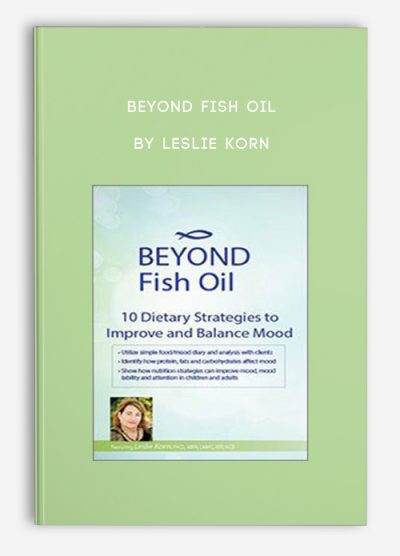

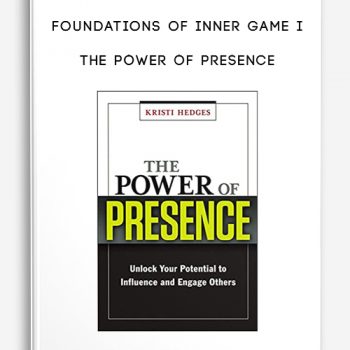
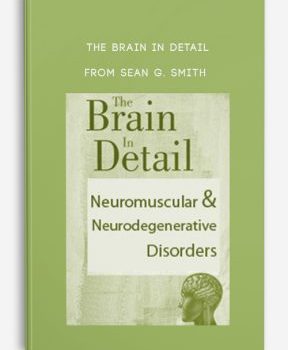
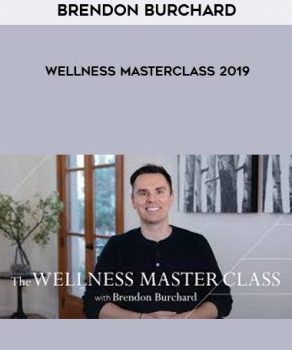

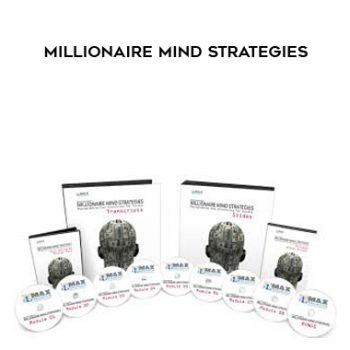


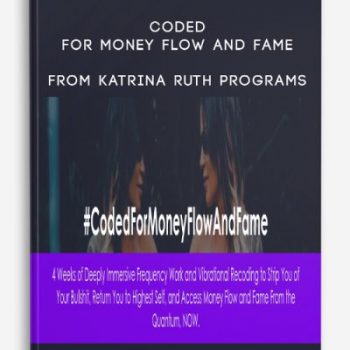
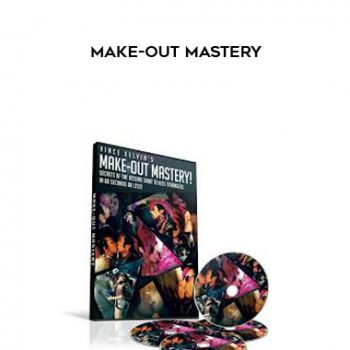
tristian –
This is Digital Download service, the course is available at Coursecui.com and Email download delivery.